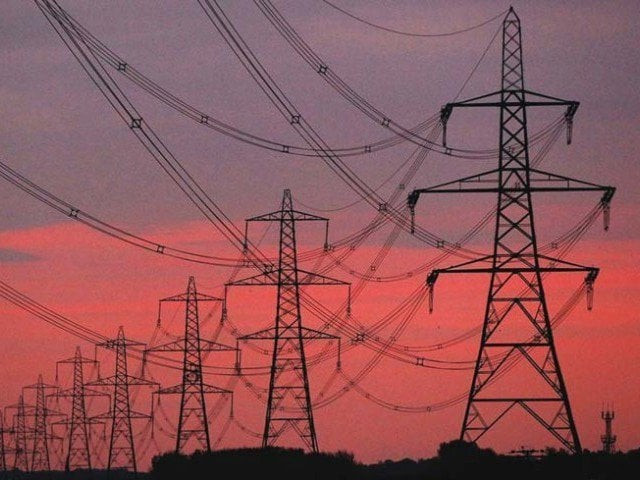Missed deadlines: ADB postpones approval of $400m energy loan
Government misses key improvement targets, likely to miss IMF forex reserve target

PHOTO: REUTERS
The Asian Development Bank has postponed the approval of the second $400 million tranche of a $2 billion loan for energy sector reforms due to the government’s inability to meet many of the preconditions that it had promised to deliver on before the lender’s most recent board meeting.
As of now, the Board of Directors of the Manila-based lending agency will not take up Pakistan’s case for approval of a $400 million loan in its June 29 meeting, according to officials at the Finance Ministry. The ADB’s decision to defer the approval deals a blow to the government that has been making claims of progress on the energy front.
Read: Govt likely to miss 4.2% growth rate target, again: ADB
The government was eager that the ADB should approve the loan before June 30 – the last day of the outgoing fiscal year 2015. The delay in approval will disturb its plans to build foreign currency reserves to the satisfaction of the International Monetary Fund besides denting the government’s claims of success in improving the mostly state-owned energy sector.
“We are continuously working to comply with all the prior conditions set by the ADB for the approval of the loan,” said a senior official of the Finance Ministry. The official insisted that the delay would not adversely affect the government’s plans.

However, the government is still hoping against the hope and trying to convince the ADB to approve the case in the June 29 meeting. The government was trying to convince the ADB to relax its rules and waive the condition that requires the case to be sent at least 15 days prior to the board meeting.
“We have taken all the agreed actions and negotiations are ongoing for seeking approval before end of June,” said a Water and Power Ministry spokesperson.
The $400 million loan was the second tranche of $2 billion five-year Sustainable Energy Sector Reforms Programme. The ADB had approved the first tranche of $400 million in June last year.
Read: Asian Development Bank approves $400m loan
According to the first tranche documents, the energy sector reforms package is aimed at helping the government in short-term stabilisation measures and to start long-term restructuring for a sustainable power sector. The ADB’s documents further state that the long-term engagement is necessary because the reforms are multidimensional and require a number of years to yield results.
The ADB’s decision to delay the approval of the second tranche is different from the approach that the World Bank has adopted towards Pakistan. Despite missing all the targets that the World Bank had set for Pakistan under its first tranche of $600 million that it approved last year, the Washington-based lender is going to approve $1 billion for power and growth this month.
However, the Finance Ministry insists that the World Bank is approving loans only after it was satisfied with Islamabad’s performance.
The $400 million ADB loan was critical to meet the IMF’s projections of building up Pakistan’s foreign exchange reserves. For the last quarter of the outgoing fiscal year (April-June), the IMF had set a $6.75 billion Net International Reserves target for the government. But the Finance Ministry said that the NIR target was subject to approval of the ADB and the World Bank loans.
The IMF had also projected gross official foreign currency reserves at $15.4 billion for the outgoing fiscal year. By first week of June, the State Bank of Pakistan’s official reserves stood at $12.3 billion, according to the central bank. Pakistan will receive $1 billion from the World Bank and $506 million from the IMF before end of this month, taking its gross official reserves to close to $14 billion, still short of the IMF’s projections by roughly $1.4 billion.
Under its five-year reform package, the ADB has set conditions of managing tariffs and subsidies in a manner that official handouts are targeted at low-income customers. It seeks policy implementation through rules and guidelines issued by the National Electric Power Regulatory Authority (Nepra), a reduction of discretionary policy decisions and of the lag in tariff approval and implementation. In addition, the ADB wants Islamabad to prepare the state-owned electricity distribution companies for privatisation by lowering their losses.
Published in The Express Tribune, June 17th, 2015.



















COMMENTS
Comments are moderated and generally will be posted if they are on-topic and not abusive.
For more information, please see our Comments FAQ